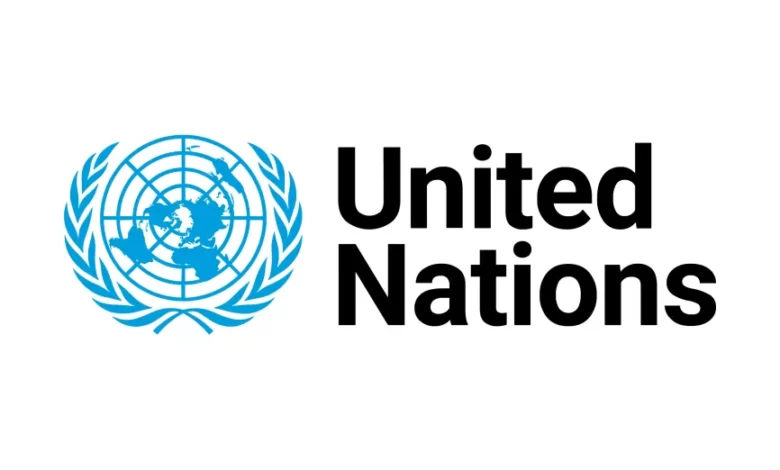
(UNODC) says Ghanaians from all walks of life paid GH¢5 billion as bribes to public officials to facilitate public service delivery in public institutions in the areas of health, education, transportation, security, and justice delivery in 2021.
“To put the numbers into perspective, this corresponds to almost one third, 32.9 per cent, of the 2021 budget of the Ministry of Education,” the 139- page which preface was signed by the Government Statistician, Professor Samuel Kwabena Annim and the Deputy Commissioner of the Commission on Human Rights and Administrative Justice, Richard A. Quayson, cited 17.million instances of the bribery incidents.
According to the report, the prevalence of bribery is highest in relation to police officers, 53.2 per cent, followed by Ghana Immigration Service Officers, 37.4 per cent, and Ghana Revenue Authority (GRA) Customs Officers, 33.6 per cent.
At the other end of the scale, the prevalence of bribery is one of the lowest in relation to health workers other than doctors, nurses and midwives, at 3.3 per cent, and elected government representatives, at 2.9 per cent, despite having more contact with respondents, it added.
In contrast, however, the police, revenue officers and health workers receive the smallest amount of bribes with an average of GH¢220, GH¢174 and GH¢91 respectively whereas Lands Commission staff, GH¢1,669, prosecutors, judges or magistrates, GH¢1,208 and Immigration Service Officers GH¢850 top the chart of institutions that take the largest average bribes.
“It is notable that the largest average bribes are paid to public officials with whom most citizens have little contact in their daily lives. This may suggest that large bribes, although relatively rare, are generally paid to influence important decisions by public officials, which can have substantial economic or personal consequences; for example, by influencing land-related decisions, immigration matters, or prosecutors and judges.”
On how bribes are initiated, the report said six out of 10 bribery requests are made directly by a public officials, with men, 63 per cent being more likely to experience direct bribery requests than women, 54.5 per cent with direct bribery requests more common in rural areas, 65.2 per cent than in urban areas, 55.3 per cent.
With public officials in the Oti Region topping the chart of direct bribe requests, 91.8 per cent, and Western North Region at the bottom with 24.8 per cent, about two thirds of bribes are paid before a service is rendered, and comes in forms of cash, 84.4 per cent and food and drink, valuables, and exchange for another service or favour, and animals, the report indicated.
“A sign of appreciation in the form of a gift from a bribe-payer to a public official is the second most commonly cited modality of bribery, with an average of 15.3 per cent of bribe-payers giving such gifts to public officials.
“The relatively large share of people giving gifts as a sign of appreciation to public officials is in line with public perceptions in Ghana, where some 60.1 per cent of people believe that it is acceptable to do so after a public service has been rendered,” the report explained.
Persons with tertiary education, bachelor’s degree and above, 40.6 per cent, the report said paid more bribes compared to persons without tertiary education, secondary and post secondary non tertiary education. 27.4 per cent, primary education, 24.2 per cent and persons without formal education 23.3 per cent.
Job seekers, relatively uncommon with a prevalence of 1.6 per cent, interestingly, the report said, paid an average of GH¢2,700 to secure employment in the public sector.
With respect to age demographic, the report said “younger adults are more likely to pay bribes than the older population. In 2021, with a prevalence of bribery of 29.9 per cent, Ghanaians aged 25–34 were the age group most likely to pay bribes.
BY JULIUS YAO PETETSI







